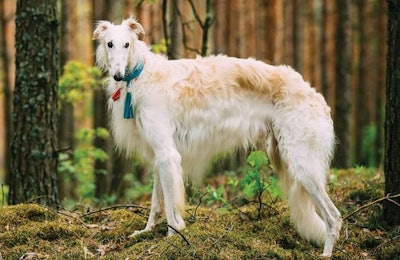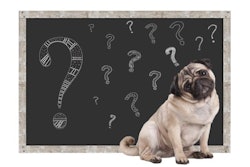
The COVID-19 pandemic that has put a damper on everything appears to have spared the appetites of pet cats and dogs in Russia, at least during the first quarter of 2020.
Online data from SeaNews’ Russian foreign trade customs statistics showed that in the first three months of 2020, Russia imported US$166.3 million of animal food weighing 88,600 tons, up 28.6% year-over-year. About 40% of this was pet food at 35,600 tons that cost US$88.6 million, the Russian agency said.
As of July 2020, cat and dog population in Russia were at 22.8 million and 16.8 million, respectively. Cats are the most popular type of pet in Russia, kept by nearly 40% of total pet owners.
Significant import sources of Russia’s animal food
While Russia sources its animal food from 38 countries, its biggest importer during Q1 2020 was France with 9,500 metric tons amounting to US$23.7 million. The other top animal food importers to Russia are Germany (8,000 metric tons worth US$15.4 million), China (9,200 tons worth US$10.7 million) and the Netherlands (7,200 tons worth US$13.5 million).
Most of the imported food was shipped to Moscow, Moscow Oblast, and St. Petersburg and other key regions of Russia. During the first quarter of 2020, the biggest shipment of animal food went to the Russian capital: Moscow received 35,600 metric tons of animal food, which was 11.3% more than during the same period in 2019.
Market positive, but challenges on the horizon
The encouraging numbers in the first quarter of the year were a continuation of 2019’s growth trend, when the gross sales of pet food in the country reached 624,500 tons for US$3.05 billion, data from research firm Euromonitor International showed. Mars and Nestlé own at least 75% of Russia's pet food retail market, which in the past few years has been growing four times faster than food retail, according to GK Finam, a Moscow think tank.
But as the pandemic drags on, Russia's market outlook may no longer be as rosy for the succeeding quarters, warned the Boston Consulting Group. The U.S.-based management consulting firm said that because of COVID-19, their recent research saw majority of Russians cutting down in almost every area of expenditures, including pet food, as they prioritize their budgets for internet and communications, over-the-counter medicines and fresh food.















